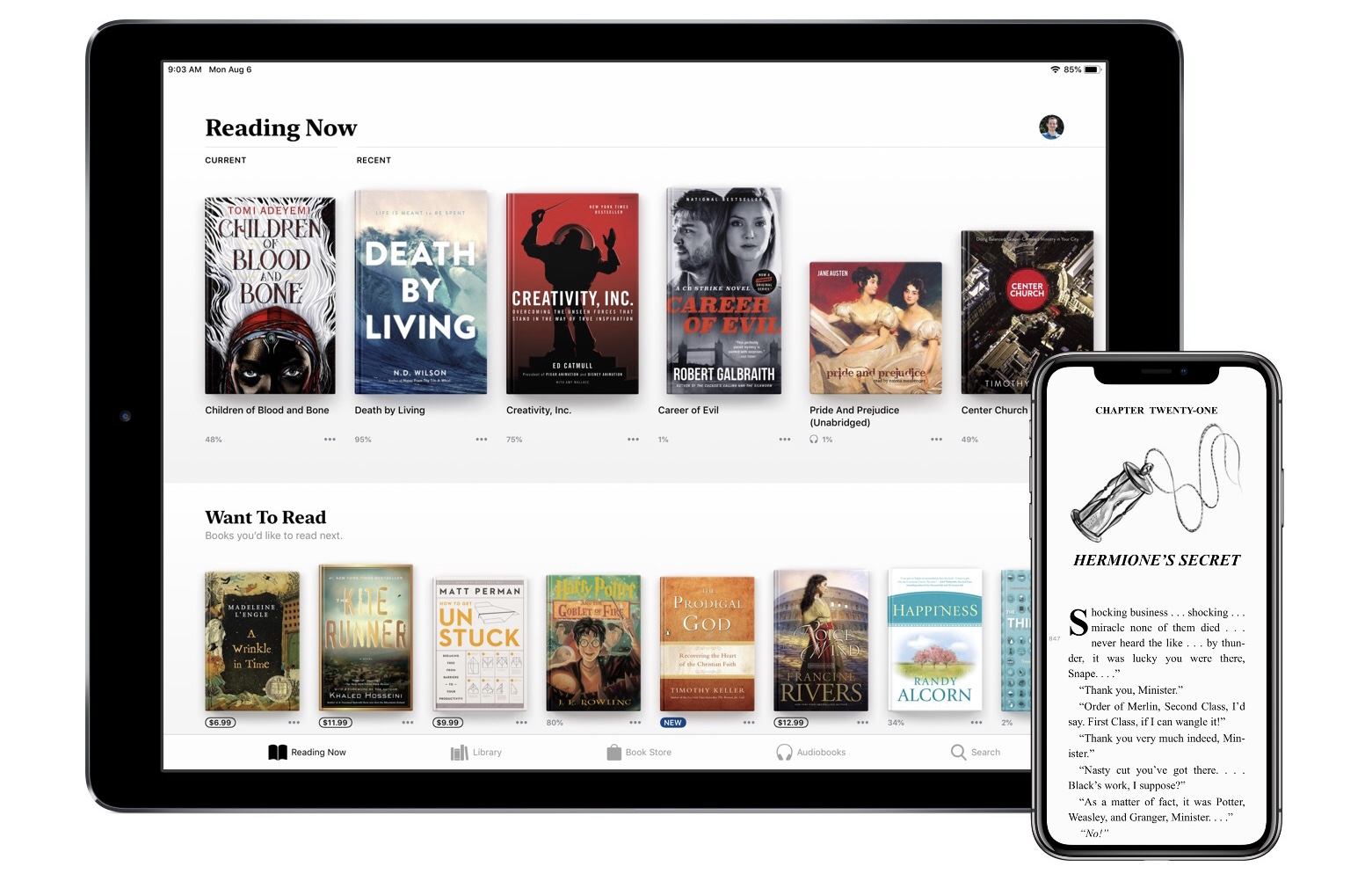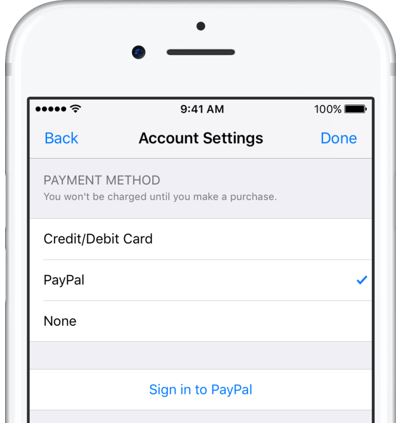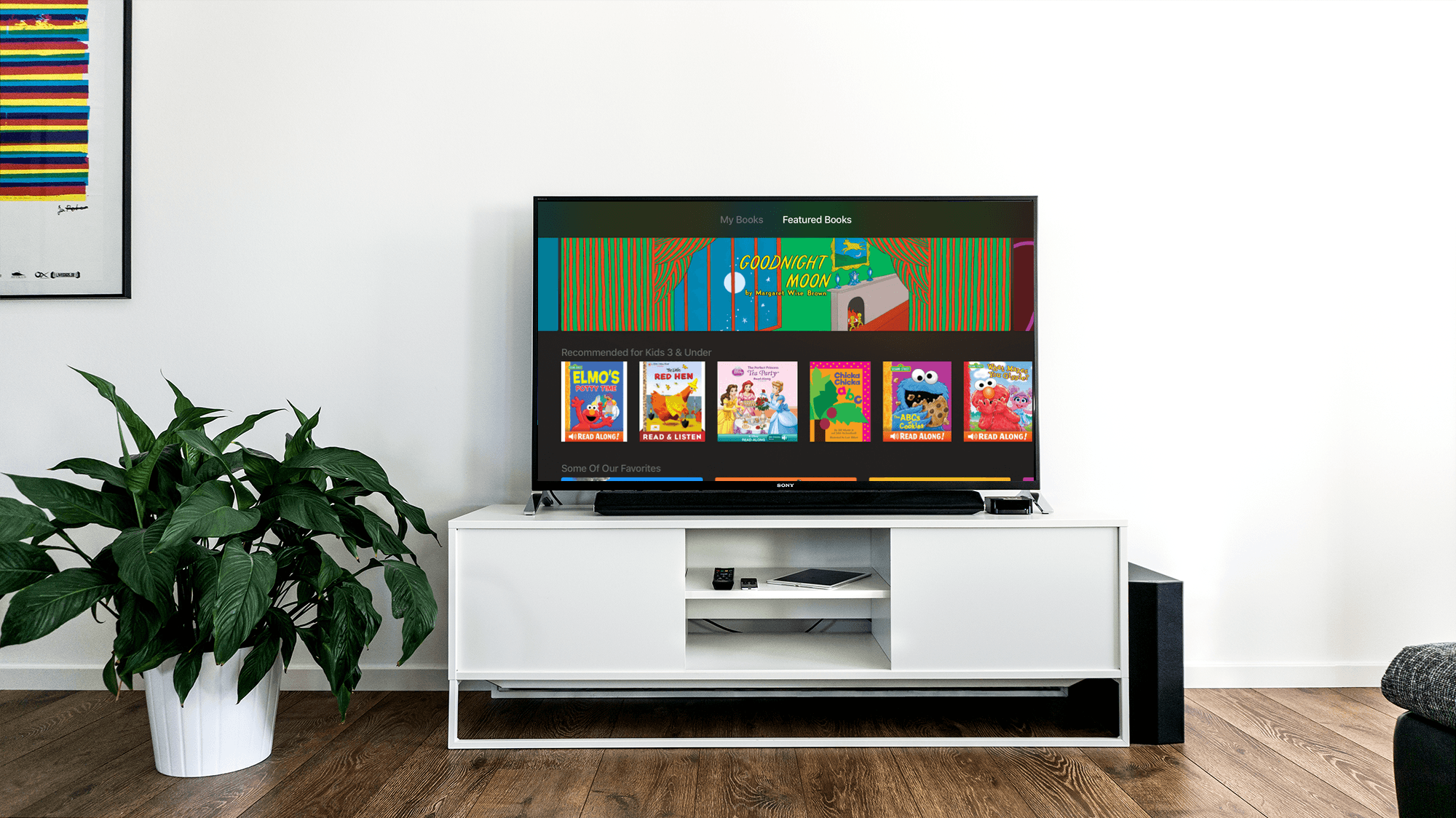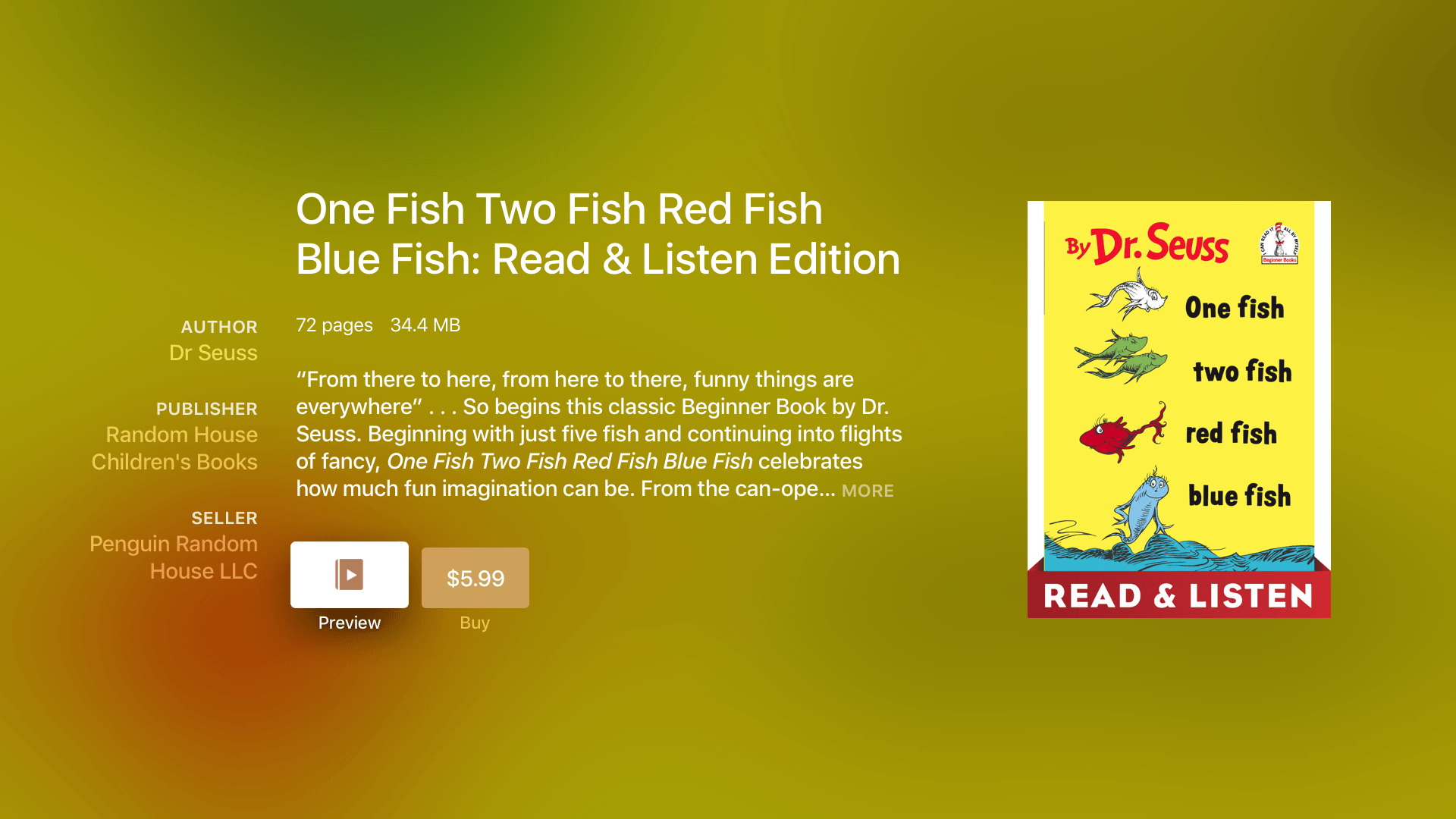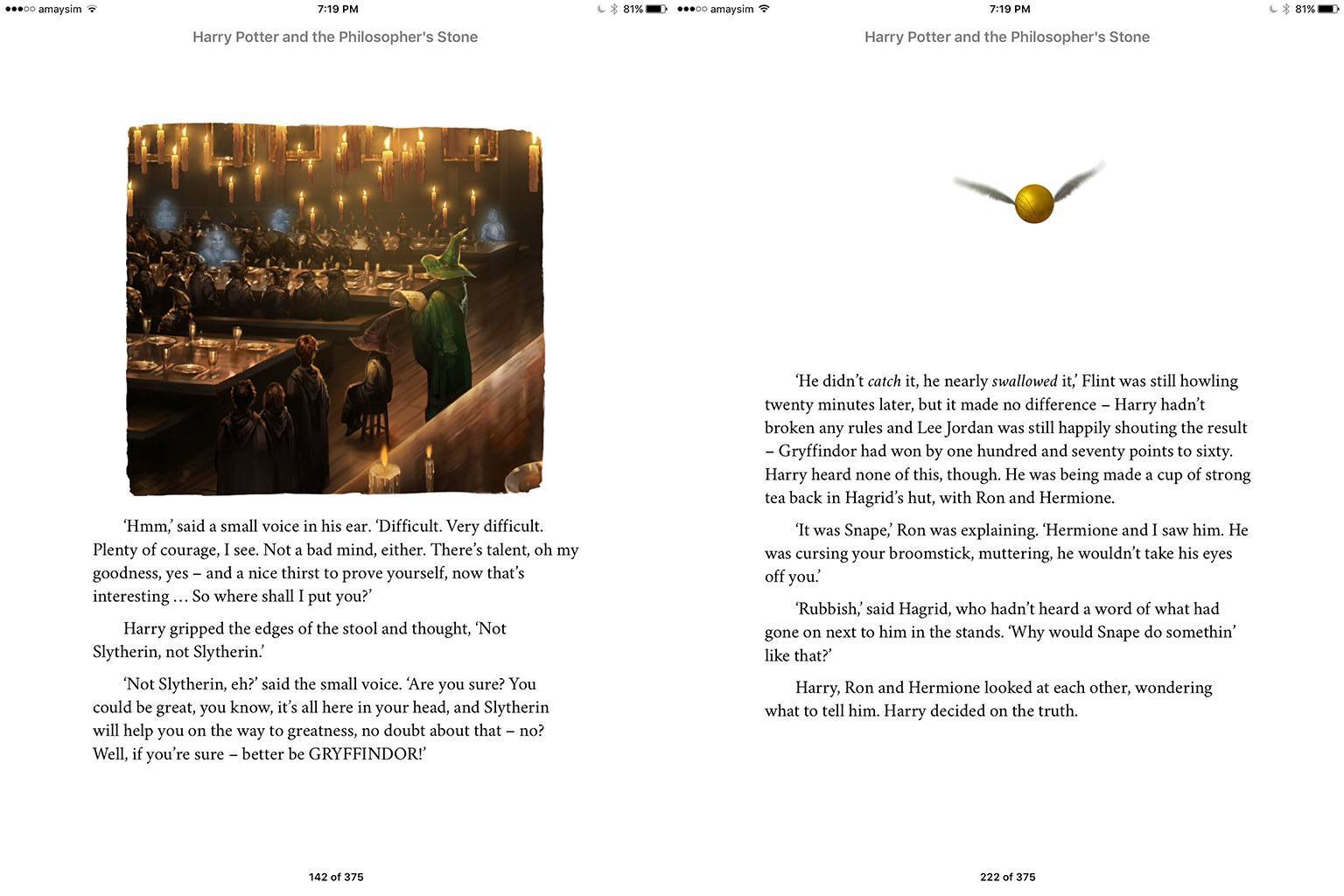The US Court of Appeals for the Second Circuit today upheld 2-1 the 2013 verdict that found Apple and major publishing companies conspired to fix e-book prices.
As noted by Fortune, Apple’s argument that the Department of Justice was misguided to target Apple when Amazon was dominant didn’t convince the majority:
That argument, however, appears to have carried little sway with Judge Livingston who argued that Apple and the publishers could not rationalize their behavior on the grounds they were challenging Amazon:
“Plainly, competition is not served by permitting a market entrant to eliminate price competition as a condition of entry, and it is cold comfort to consumers that they gained a new ebook retailer at the expense of passing control over all ebook prices to a cartel of book publishers,” Livingston wrote.
There’s no doubt that this is a complicated issue, fraught with many valid but opposing arguments. Ultimately though, I can’t help but agree with the end result and this section was particularly persuasive to me, from page 98 of Judge Livingston’s judgement (courtesy of The Wall Street Journal):
Because of the long‐term threat to competition, the Sherman Act does not authorize horizontal price conspiracies as a form of marketplace vigilantism to eliminate perceived “ruinous competition” or other “competitive evils.” Indeed, the attempt to justify a conspiracy to raise prices “on the basis of the potential threat that competition poses … is nothing less than a frontal assault on the basic policy of the Sherman Act.” And it is particularly ironic that the “terms” that Apple was able to insist upon by organizing a cartel of Publisher Defendants to move against Amazon — namely, the elimination of retail price competition — accomplished the precise opposite of what new entrants to concentrated markets are ordinarily supposed to provide. In short, Apple and the dissent err first in equating a symptom (a single‐retailer market) with a disease (a lack of competition), and then err again by prescribing the disease itself as the cure.
Apple could still appeal the decision to the Supreme Court, but it is not a certainty that the Supreme Court would agree to hear the case. In response to today’s ruling an Apple spokesperson issued this statement to Fortune:
“Apple did not conspire to fix ebook pricing and this ruling does nothing to change the facts. We are disappointed the Court does not recognize the innovation and choice the iBooks Store brought for consumers. While we want to put this behind us, the case is about principles and values. We know we did nothing wrong back in 2010 and are assessing next steps.”


